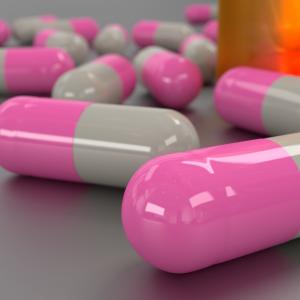Novel Use of Drug Improves PTSD Outcomes
A new study has successfully demonstrated the effectiveness of a novel treatment for post-traumatic stress disorder (PTSD). Using drugs that don't affect symptoms directly, researchers were able to boost outcomes from behavioral therapy.
Post-traumatic stress can arise from a number of life experiences. The most common is a soldier's exposure to combat, but PTSD can occur in anyone, as a result of an accident, a natural disaster, a disease diagnosis, or other stressful life events.
Exposure Therapy Often Not Completed
The standard treatment has become exposure therapy, a subtype of behavioral therapy whereby a PTSD sufferer is asked to confront his or her fears in a safe, controlled setting. It has proven relatively effective, but many patients drop out before finishing treatment, or experience a relapse of symptoms after treatment is over.
In an effort to curb these relapses, the research team selected two groups of individuals with PTSD who received as many as 10 weeks of exposure therapy. The first group received a placebo, while the second was given doses of D-cycloserine (DCS), a drug which acts to improve neuroplasticity. This is the ability of the brain to rewire itself in response to life experiences.
Group Raking DCS Saw Improvement
It was hypothesized that DCS would improve a patient's ability to successfully and healthily incorporate stressful events into his experiences. The exposure therapy did result in improvements for all participants, but those receiving DCS did see a greater improvement than the controls. The difference was most notable in those with stronger PTSD prior to treatment, and those who required longer periods of treatment.
If the research proves sound, it may signal a way to treat PTSD and other anxiety disorders by boosting the brain's ability to heal, rather than attacking the disease itself.
Source: Biological Psychiatry
Photo: Pexels




